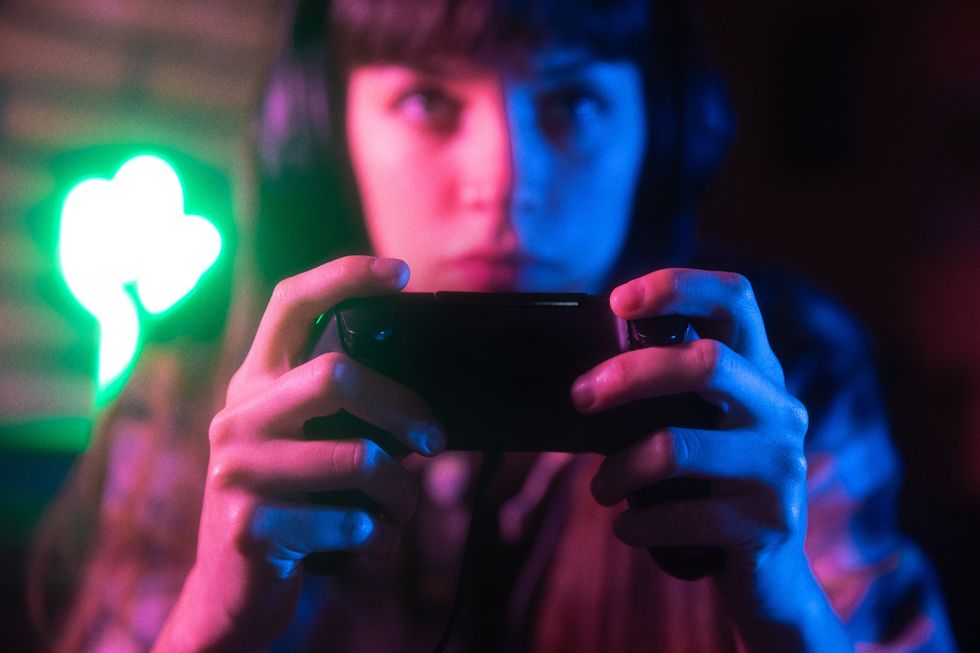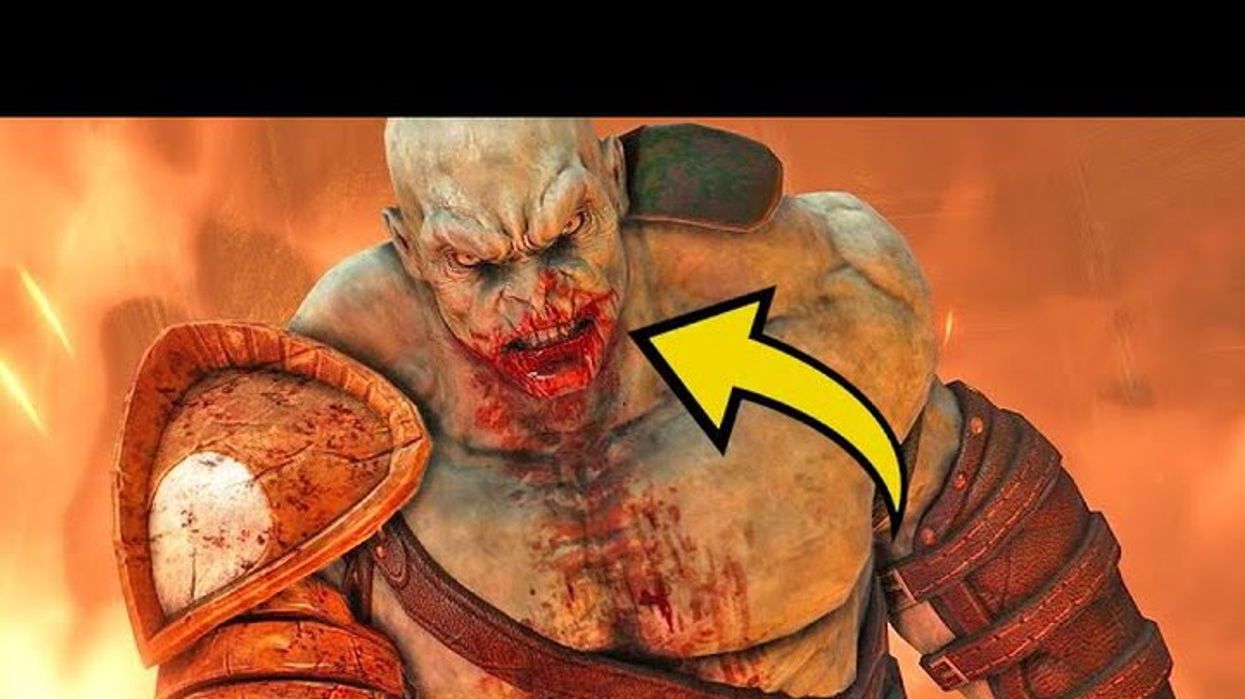Jake Brigstock
Aug 26, 2024
10 Popular Video Games You Can't Play Anymore
Future Publishing - WhatCulture / VideoElephant
A video games expert thinks there is a "shift" going on in the industry and how money is being made as a number of companies are struggling to cope following the boom they enjoyed during the Covid pandemic.
A lot of video games companies have had to make cuts at some point since the world opened up again following the pandemic.
While lockdowns were in place, one form of entertainment that enjoyed a huge spike was video games as people simply had more time on their hands to play.
It seems a number of companies planned for this upward trend to carry on but the reality now is that demand for it is not near what it was.
As a result, a lot of companies have had to rethink their strategies and an expert has shared why the industry is in a difficult moment right now and how it is slowly adapting to reflect modern day consumer wants.
George Osborn is the creator of Video Games Industry Memo and the managing director of Half-Space Consulting with 15 years' experience in the industry having also studied at the University of Cambridge.
He said: "The industry has had a really tough time adjusting to the post-pandemic reality as one of the few sectors that actually had a comparatively good time during the pandemic because, funnily enough, when all other forms of entertainment went down, video games went up.
"When you take away the pandemic boom, when you take away the rush of investment that came into the sector off the back of a lot of excitement around that, plus factors like inflation and the cost of making games going up considerably, I think a lot of companies over-extended themselves and I think we are seeing companies having to take the step back.
"I think there is a bit of a shift going on in terms of the industry and how it's making its money.
"When you look at where people are spending the vast majority of their playtime, 25 per cent of the total is spent in six big games.
"When you have titles like Roblox and Fortnite taking up 15 per cent of playtime globally, and you have consoles looking like they're increasingly starting to struggle to sell to the extent that they're used to, or losing momentum faster than people expected, I think there is a bit of a transition going on in the industry and people are having to align to new realities."

Osborn said platforms with base games have proved really popular over the last few years and these offer an insight into what players want.
"Roblox and Fortnite are platforms that are available across a number of devices and they have caught up to what fans and consumers actually expect," he said.
"If you think about video games, they're so often the futuristic, trailblazers, first to the scene, absolutely wonderful and part of why I love the industry and games but actually if you think about how you consume other media, like films or music or even reading a book, you can pick whichever device you can access your content from.
"You go into one place, login and you can get it anywhere.
"Video games haven't actually caught up to that.
"While there are some games that are obviously only going to really be effective on one platform, I think the barriers between the platforms are becoming less tenable.
"I was at a mobile games conference earlier this year and developers were saying 'we need to get to PC because we can't be mobile games developers alone'.
"Roblox and Fortnite have great core games in the middle of them, especially Fortnite and its extended universe, but there's all the user-generated content around it and that all important accessibility."
Osborn'sVideo Games Industry Memo is sent out every Thursday and he's writing his debut non-fiction book called Power Play, a look at how video games are changing the world.
How to join the indy100's free WhatsApp channel
Sign up to our free indy100 weekly newsletter
Have your say in our news democracy. Click the upvote icon at the top of the page to help raise this article through the indy100 rankings.
Top 100
The Conversation (0)














